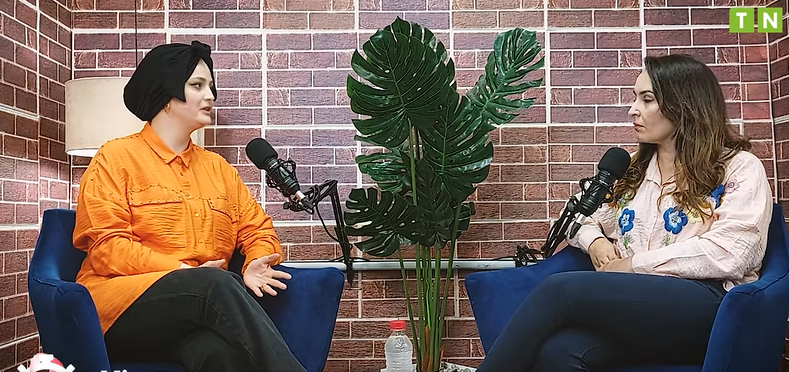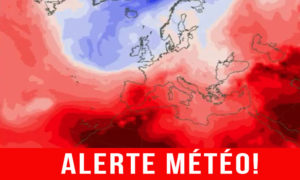On the occasion of Pink October, a month devoted to cancer and raising awareness of its risks, Tunisie Numerique editorial staff welcomed, in its Minute santé By TN section, midwife Ons Lahbib Dridi, to speak to us about breast cancer in all its facets.
Our guest started by stating that breast cancer is the most common cancer in women, but that it even affects men, at a lesser frequency. She put forward staggering figures, such as that one in 8 women could be impacted by this cancer, and that one in 100 cases is seen in men.
She added that in Tunisia we are finding between 800 and 1,500 new cases, affecting all age groups, with a predilection for women over 50 years old.
She recollected that the month of October is dedicated to information on this cancer, its prevention and learning to self-examine, or self-palpation.
The causes are numerous, including hormonal causes and taking oral contraceptives. Breast cancer is more common in women who have not had children or who had their first pregnancy late, as well as in obese women. There is also a family factor, pollution, sedentary lifestyle, alcoholism, smoking
Breastfeeding children is a protective factor against this cancer.
The finding of cases is often fortuitous, during a medical visit for something else, therefore the importance of screening, with the search for warning signs, such as a palpable mass in the breast, or a change in the skin of the breast. in orange peel, retraction of the nipple, or, then, a lymph node in the armpit.
Confronted with such warning signs, our guest advises consulting a midwife or gynaecologist who will continue the inquiry. Then comes the turn of explorations such as mammography or ultrasound which will confirm or not, the tumour lesion. She added that such consultations are widespread on the occasion of Pink October and are found everywhere, including in some shopping centres.
She stressed the importance of screening to discover cancer at an early stage, where the chances of cure are around 98%.
Treatment can be surgery, radiotherapy chemotherapy, or hormonal therapy. Depending on the nature of the case
Prevention focuses on learning to self-palpate, which must be practised two to three days after the end of your period. It starts with observation in front of a mirror, arms lowered or raised, then palpation of one breast at a time, and ends with light pressure on the nipple, looking for suspicious secretions.
The woman must furthermore avoid being overweight and taking hormonal contraceptives for a long time. She must also breastfeed her children, avoid alcohol and tobacco, with good sporting activities, and have a healthy lifestyle…
What's happening in Tunisia?
Subscribe to our Youtube channel for updates.











































